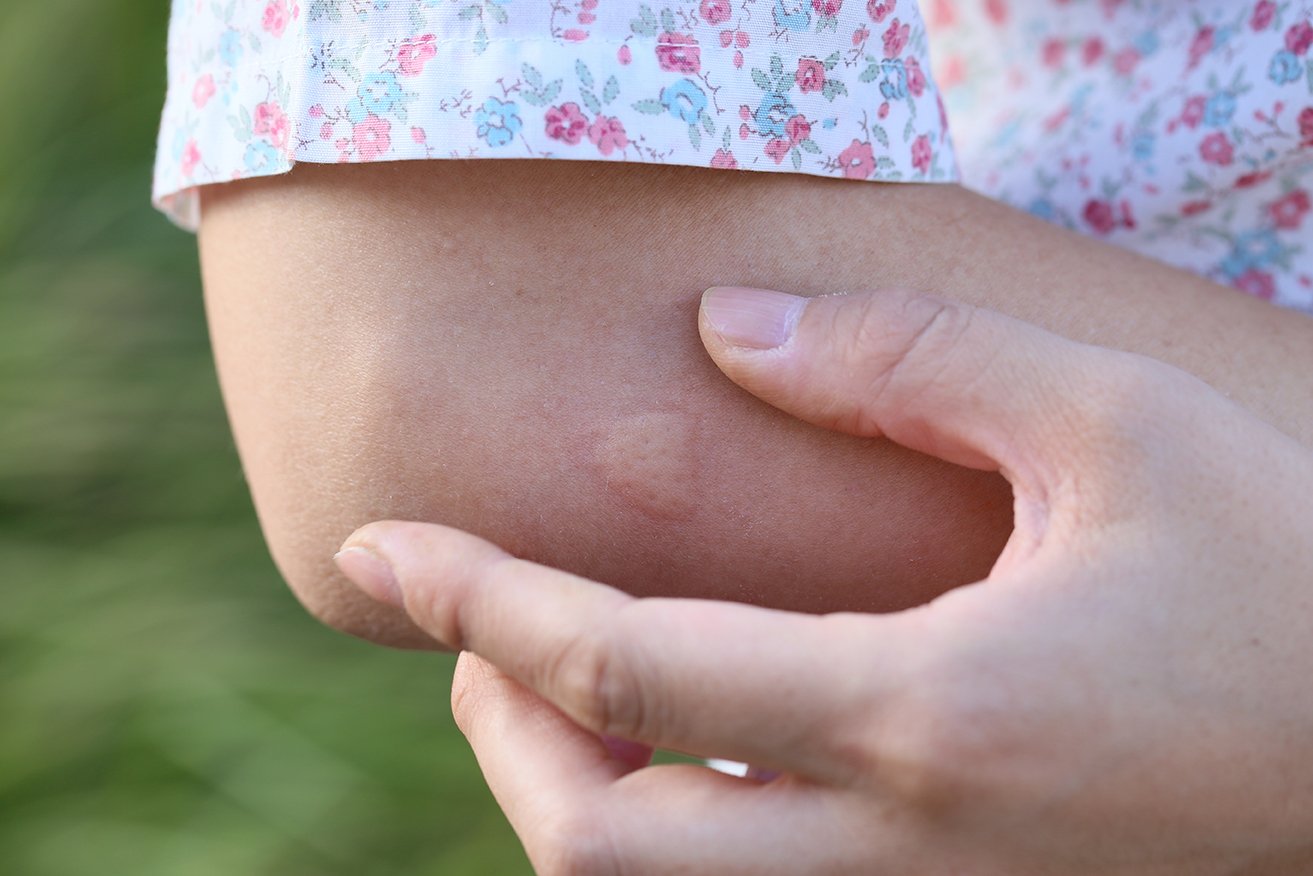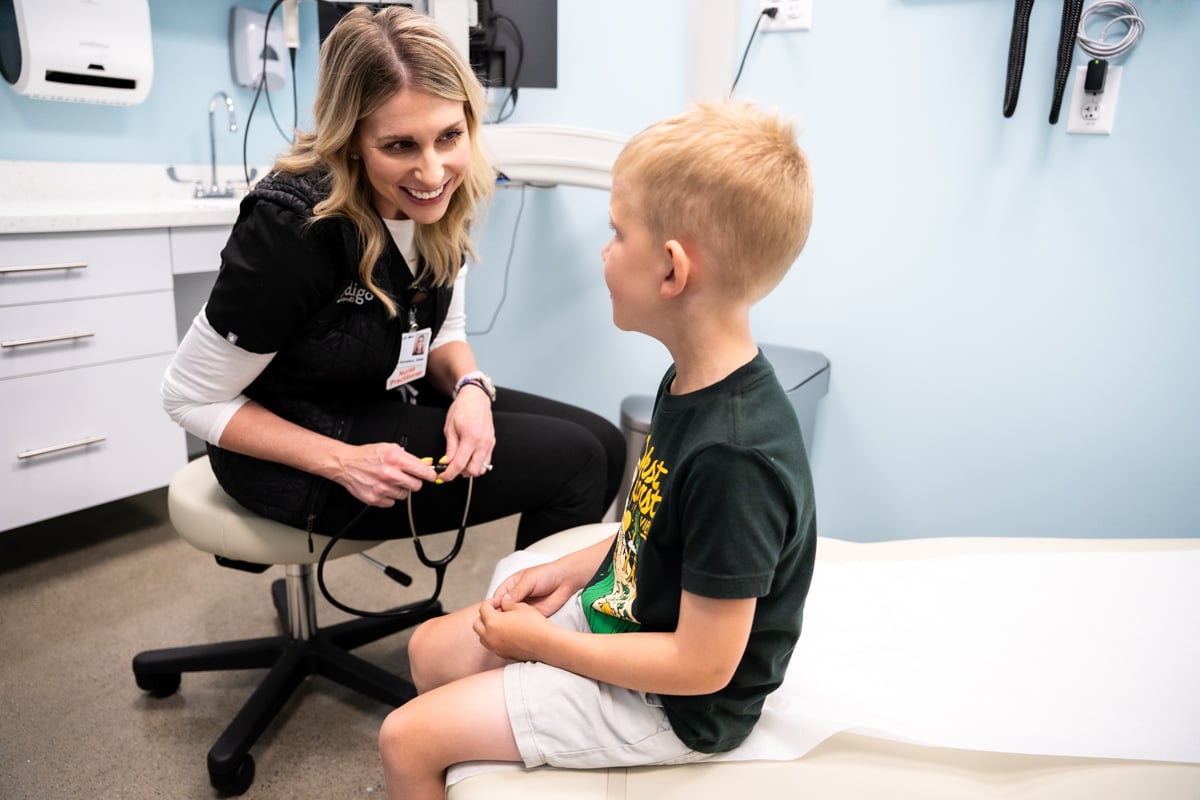It’s finally starting to feel like summer around here with the browning grass and clear blue skies. And we’re not the only ones heading outside to strut our stuff. As the temperatures rise, insects of all varieties have emerged to bask in the sun, too. Take note: While these tiny critters are minding their own business most of the time, they may bite in self-defense or when frankly, they want to feed on a delicious forearm snack.
Let’s say you invaded the personal space of a bug, it got mad and gave you a bite. Ouch. The bite starts to swell. Should you go to urgent care? With about 3 million patients visiting urgent cares every week, any clinic’s staff is well-accustomed to handling a large volume of patients.
The good news is that in most cases, insect bites do not require medical attention. However, your reaction to the bite depends on the type of insect and your sensitivity to the formic acid typically injected by the insect. Nice gift, right? Let’s look at the most common insect bites and how to tell when you should become one of those millions of patients who seek attention from urgent care clinics.
Common types of insect bites
Of course, the most common types of insect bites you might encounter will depend on which insects are common in our area. In the Northwest, typical types of biting insects include mosquitoes, ticks, fleas, bedbugs, fire ants, gnats and horseflies. Spiders are not technically considered insects, but they can also bite.
Most bug bites will cause red bumps that are painful, itchy or have a burning sensation. Some bites may develop blisters or welts. A mosquito bite will typically be pink, raised and feel itchy. This differs from a spider bite, which will often result in red skin, swelling and pain at the site of the bite. Bites from bedbugs will be smaller and cause itchiness, as will flea bites.
What is a serious reaction to a bug bite?
The above reactions to bug bites are common and the symptoms will go away within a few days. However, some people have serious allergic reactions to insect bites or experience intense pain. If you experience the following symptoms, you may be having an allergic reaction to an insect bite and should seek care at an emergency department as soon as possible:
- Difficulty breathing
- Chest pain
- Rapid heartbeat
- Faintness or dizziness
- A blotchy rash that spreads beyond the area of the bite
- Severe swelling and/or itching
- Nausea
- Cramps
You should also seek medical attention if your insect bite turns into an infection. You'll know you have an infection if there is pus inside or around the bite, you have a fever and flu-like symptoms, or your glands are swollen. Although they are rare, bites from poisonous insects also require emergency medical care.
When to go to urgent care
By knowing the signs of a severe insect bite, you'll be able to seek the right medical attention more quickly. In general, you can prevent bug bites by avoiding foods and fragrances that attract bugs while you're outside, using pesticide, and wearing protective clothing if you go camping or hiking.
If you think that you or a loved one are having a mild reaction to a bug bite, search for an "Indigo near me" to book an appointment online and then make your way to the closest Indigo Urgent Care location. We can help treat minor reactions to bug bites with friendly care. That bug, not so friendly.


